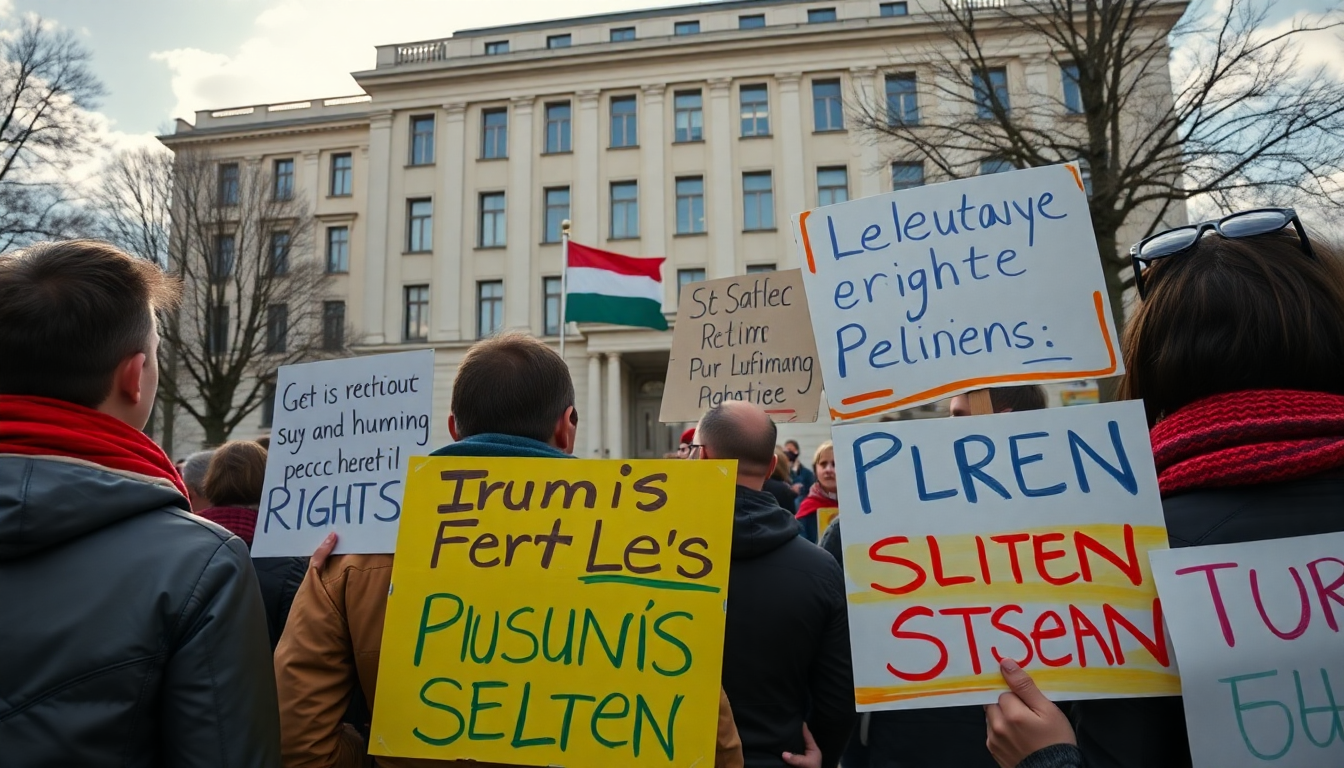Table of Contents
In a bold move, Slovenia has made headlines by banning two Israeli cabinet ministers, Itamar Ben-Gvir and Bezalel Smotrich, from entering the country. This unprecedented action comes on the heels of a lack of agreement among EU foreign ministers about how to respond to Israel’s contentious policies, particularly those related to human rights violations in Palestine. Foreign Minister Tanja Fajon has made it clear that Slovenia is breaking new ground within the European Union, becoming the first member state to impose such a ban.
Context of the Ban
The Slovenian government has accused Ben-Gvir and Smotrich of inciting extreme violence and committing serious human rights violations against Palestinians. Their vocal support for expanding illegal Israeli settlements in the West Bank and calls for violence against civilians have drawn widespread international criticism. Fajon highlighted the growing frustration within the EU regarding Israel’s hardline approach, especially as tensions rise in Gaza.
Ben-Gvir and Smotrich play crucial roles in Prime Minister Benjamin Netanyahu’s government and have faced backlash for their aggressive tactics during the ongoing conflict in Gaza. Smotrich’s inflammatory calls for total annihilation in Gaza and Ben-Gvir’s admiration for individuals tied to past atrocities only heighten the scrutiny on the Israeli government. Yet, despite their controversial positions, Netanyahu relies on their support to keep his coalition intact, showcasing the complex dynamics shaping Israeli politics.
Reactions and Implications
Slovenia’s decision is sending ripples across Europe, prompting questions about the future of EU-Israel relations. The lack of an immediate response from the Israeli government might suggest it is more focused on internal politics than external diplomatic challenges. However, Slovenia’s actions could inspire other EU nations to reevaluate their positions on Israel, particularly in light of recent sanctions imposed by countries like the UK, Norway, and Canada against the same ministers.
In a recent address to the European Parliament, Slovenia’s President Natasa Pirc Musar emphasized the need for a stronger EU response to the humanitarian crisis in Gaza, which she has described as genocide. This perspective resonates with a broader call within the EU for a more proactive stance on human rights issues in the region. Slovenia’s ban could act as a catalyst for further discussions about collective action against perceived injustices, especially regarding the ongoing Israeli-Palestinian conflict.
Looking Ahead: The Future of EU Diplomacy
As Slovenia gears up for additional measures in response to the EU’s failure to achieve consensus, the diplomatic landscape in Europe may undergo significant changes. The decision to recognize a Palestinian state last year underscores Slovenia’s commitment to tackling these complex issues head-on. The burning question now is whether other EU nations will follow Slovenia’s example or continue with a more cautious approach.
The possibility of increased tensions between EU member states and Israel looms large. With the international community closely monitoring these developments, Slovenia’s actions could pave the way for a new conversation about human rights and international law in the context of the Israeli-Palestinian conflict. The outcomes of these diplomatic actions will likely shape not only Slovenia’s relationship with Israel but also how the EU approaches human rights advocacy on a global scale.


